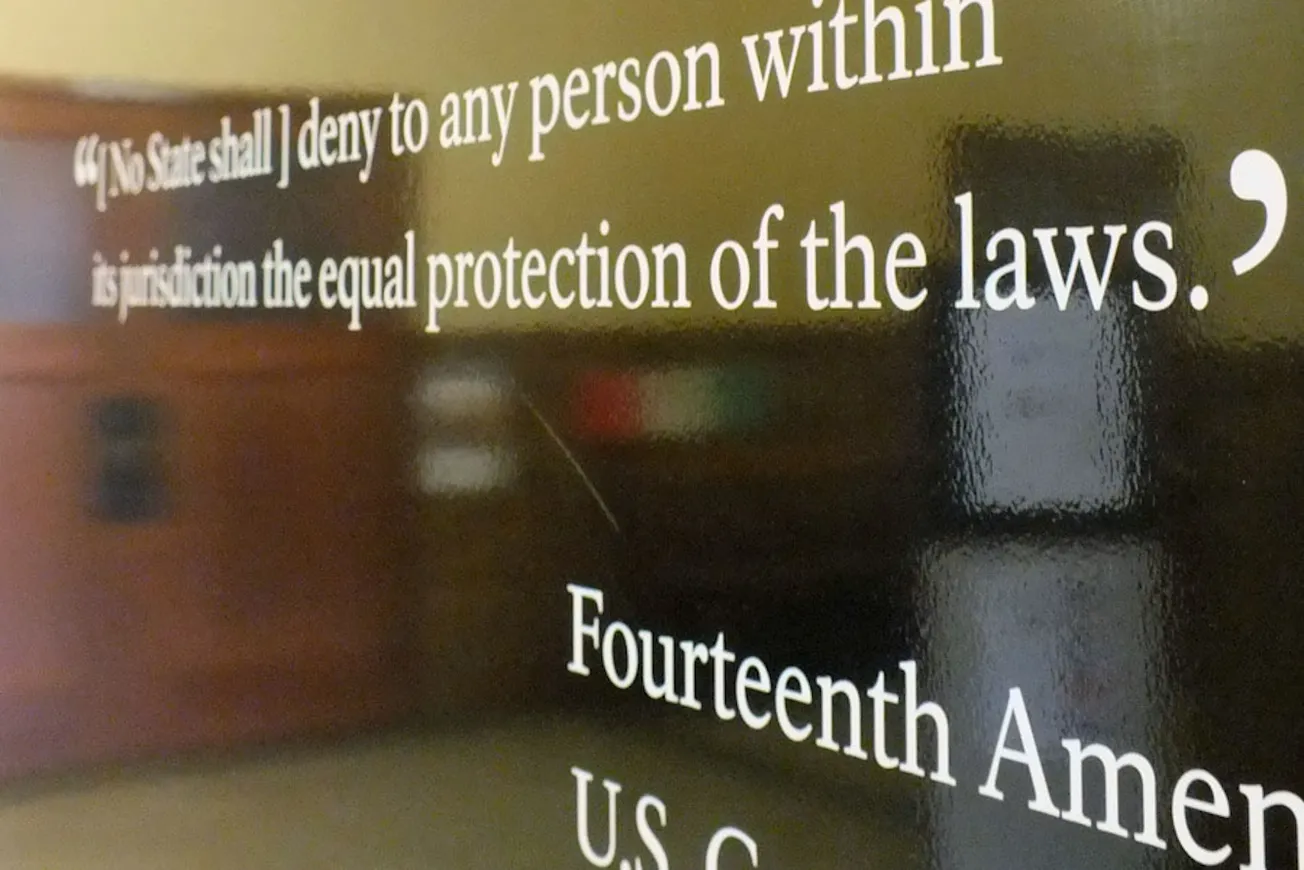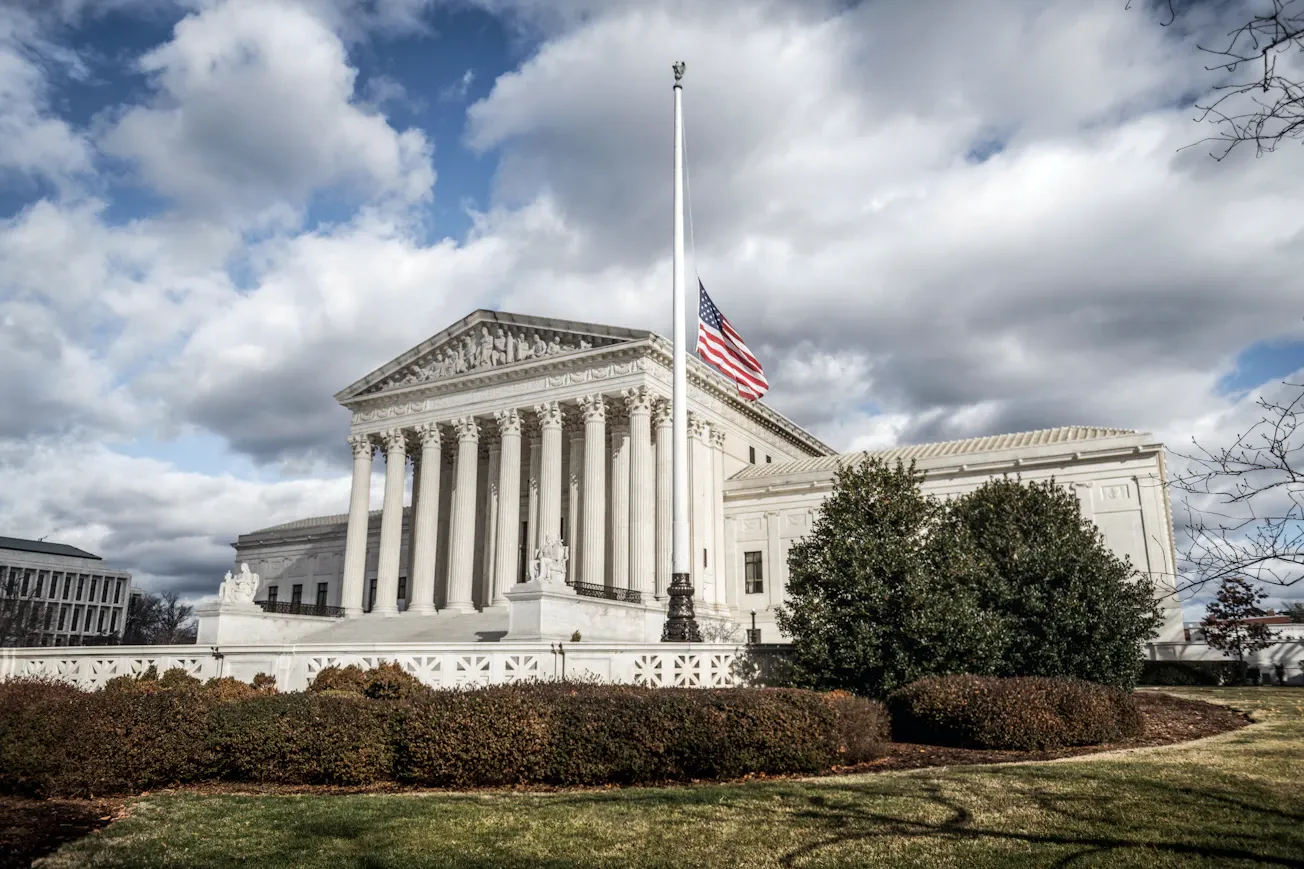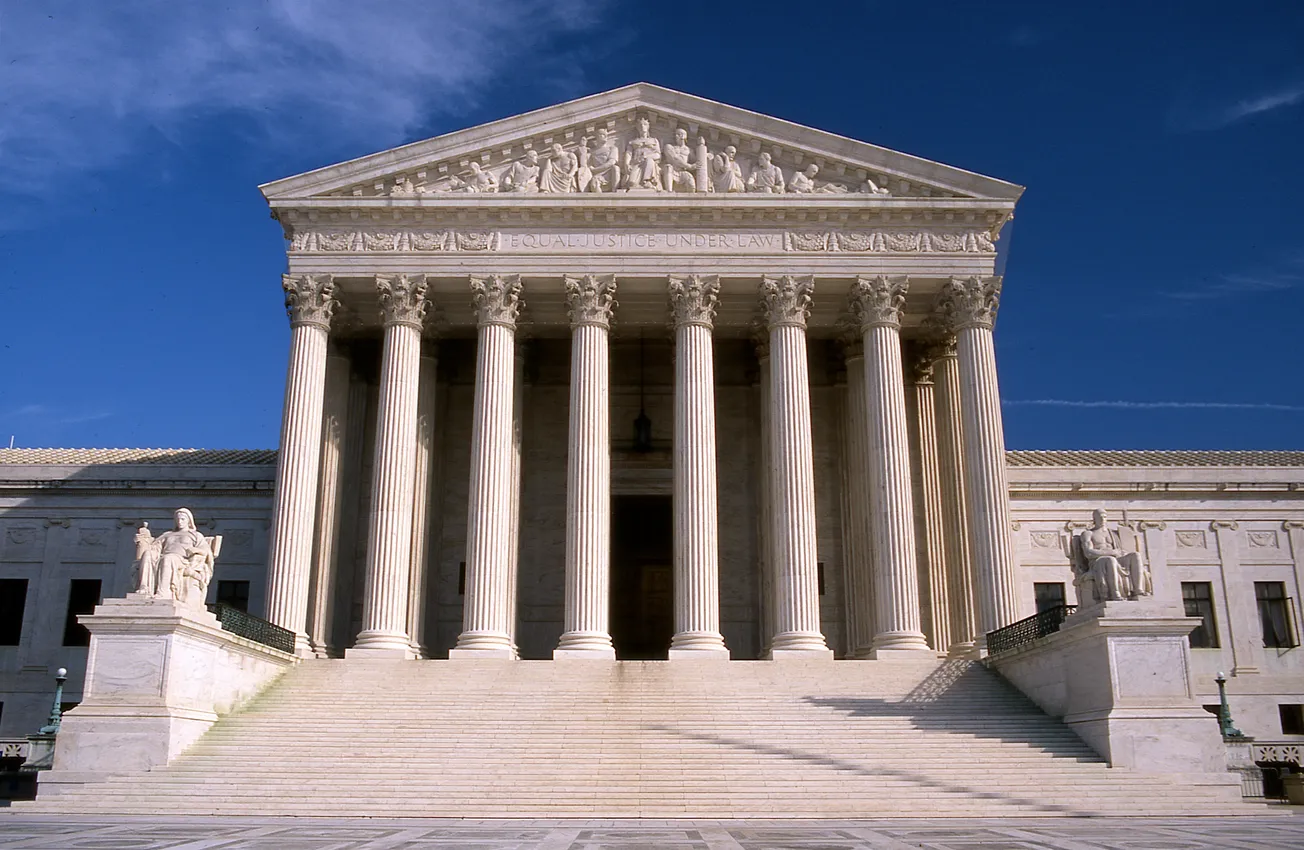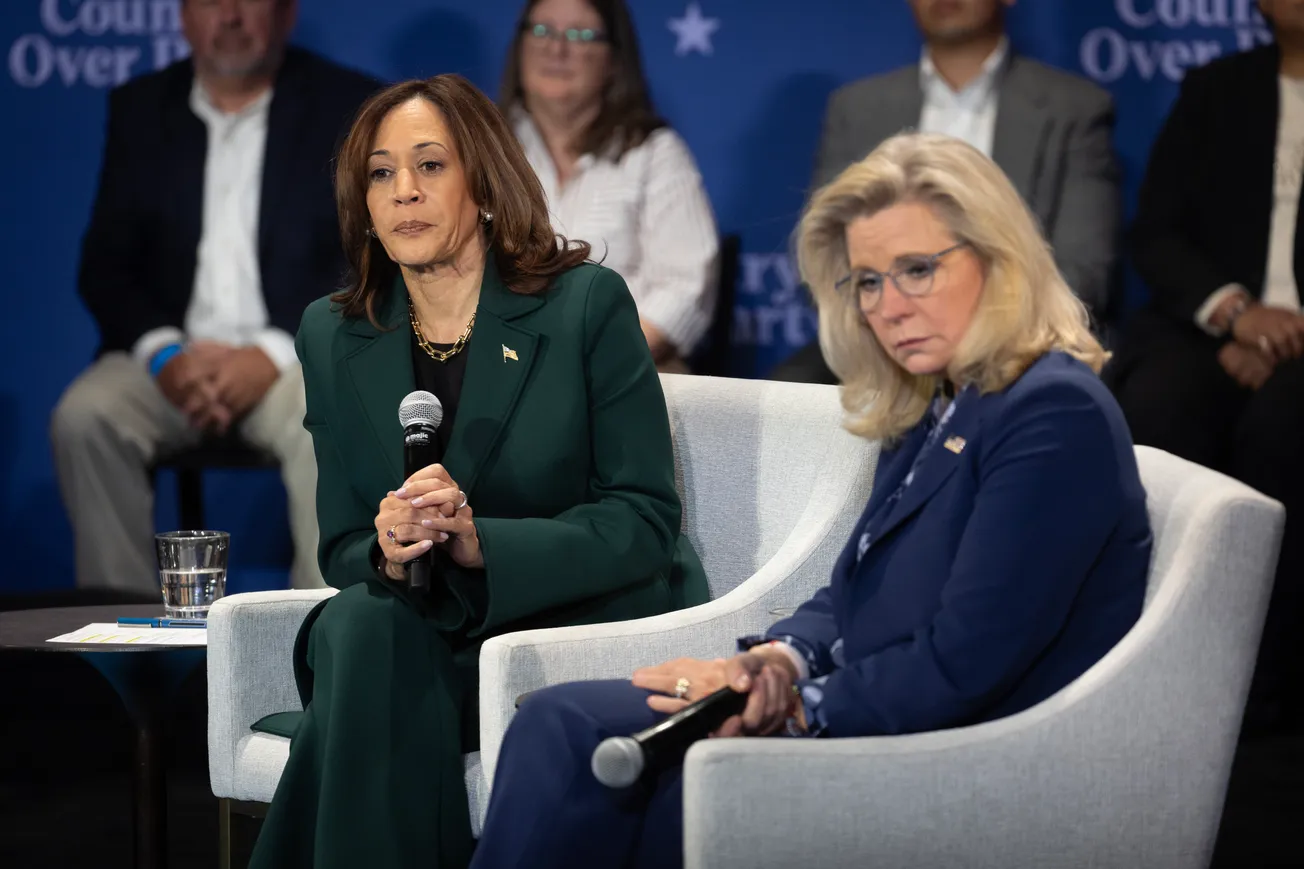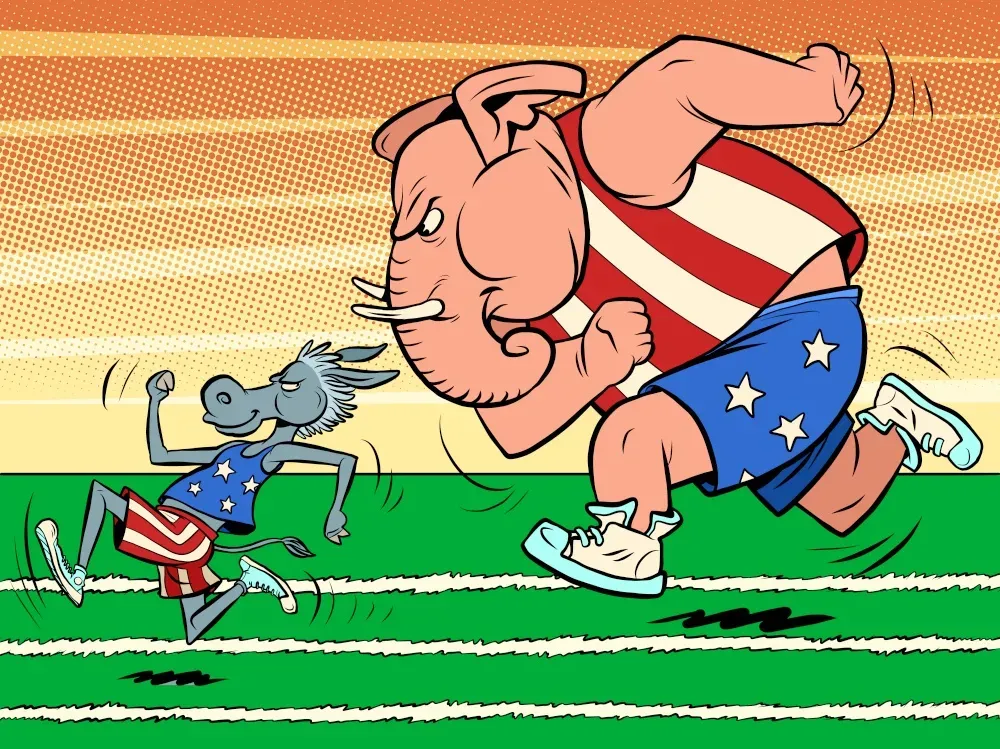By Alan Dershowitz via The Daily Caller Foundation
Several academics—including members of the conservative Federalist Society—are now arguing that Section 3 of the 14th Amendment prohibits Donald Trump from becoming president. They focus on the language that prohibits anyone who “shall have engaged in insurrection or rebellion…or given aid or comfort to the enemies thereof” from holding “any office.” The amendment provides no mechanism for determining whether a candidate falls within this disqualification, though it says that “Congress may by a vote of two-thirds of each house, remove such disability.” Significantly, the text does not authorize Congress—or any other body or individual—to impose the disqualification in the first place.
A fair reading of the text and history of the 14th Amendment makes it relatively clear, however, that the disability provision was intended to apply to those who served the Confederacy during the Civil War. It wasn’t intended as a general provision empowering one party to disqualify the leading candidate of the other party in any future elections.
First, the text. Section 4 of the 14th amendment provides the following: “But neither the United States nor any State shall assume or pay any debt or obligation incurred in aid of insurrection or rebellion against the United States, or any claim for the loss or emancipation of any slave.” It seems clear that this provision was intended to apply to a particular insurrection and rebellion—namely the Civil War that resulted in the “emancipation“ of enslaved people. There were no slaves to be emancipated in the United States after that war.
Moreover, the absence of any mechanism, procedure or criteria for determining whether a candidate is disqualified demonstrates that the amendment did not lay down a general rule for future elections involving candidates who were not part of the Confederacy. It was fairly evident who participated in the Civil War on the part of the South. No formal mechanism was needed for making that obvious determination. If the disqualification had been intended as a general rule applicable to all future elections, it would have been essential to designate the appropriate decision maker, the procedures and the criteria for making so important a decision.
In the absence of any such designation, it would be possible for individual states to disqualify a candidate, while others qualify him. It would also be possible for the incumbent president to seek to disqualify his rival, or for a partisan congress to do so. There is no explicit provision for the courts to intervene in what they might regard as a political question. So elections might be conducted with differing interpretations of eligibility and no procedures for resolving disputes about them. It is absolutely certain that if Trump were disqualified by some person or institution dominated by Democrats, and if the controversy were not resolved by the Supreme Court, there would be a constitutional crisis.
Finally, there is the hypocrisy of some who argued in defense of race-specific affirmative action that the equal protection clause of the 14th Amendment should be interpreted in light of its post-Civil War history to protect only previously enslaved people and their descendants, rather than members of the white majority. They would interpret the equal protection clause narrowly and limited by its immediate history, while interpreting the disqualification clause broadly to apply to all candidates in all elections. A fair reading of the amendment leads to the opposite conclusion: the broad language of section 2 of the equal protection clause (“nor shall any state… deny any person within its jurisdiction the equal protection of the laws”) strongly suggest general application without being time-bound; whereas the more specific language of sections 3 and 4 (referring to emancipated slaves and using words that were commonly used to describe the confederate insurrection and rebellion against the Union) suggests a more time-bound application.
Interpreting this post-Civil War amendment as a general provision for disqualifying candidates who some people may believe participated in what they regard as an insurrection or rebellion—as distinguished from a protest or even a riot—would create yet another divisive weapon in our increasingly partisan war. It would be used by Republicans against candidates who may have supported (gave “aid or comfort” to) riots such as those that followed the killing of George Floyd or other violence-provoking events.
The Constitution articulated limited qualifications for presidential eligibility. Beyond those neutral criteria, the decision should be made by voters, who are free to consider the participation of a candidate in activities with which they disagree. Unless an amendment was clearly intended to further limit these qualifications, the voters are the ones to decide who is to be their president. The vague language of the 14th Amendment falls far short of what should be required for so radical a departure from our electoral process.
Alan M. Dershowitz is the Felix Frankfurter Professor of Law, Emeritus at Harvard Law School, and the author most recently of The Price of Principle: Why Integrity Is Worth The Consequences. He is the Jack Roth Charitable Foundation Fellow at Gatestone Institute, and is also the host of “The Dershow” podcast. This piece is republished from the Alan Dershowitz Newsletter.
Original article link

